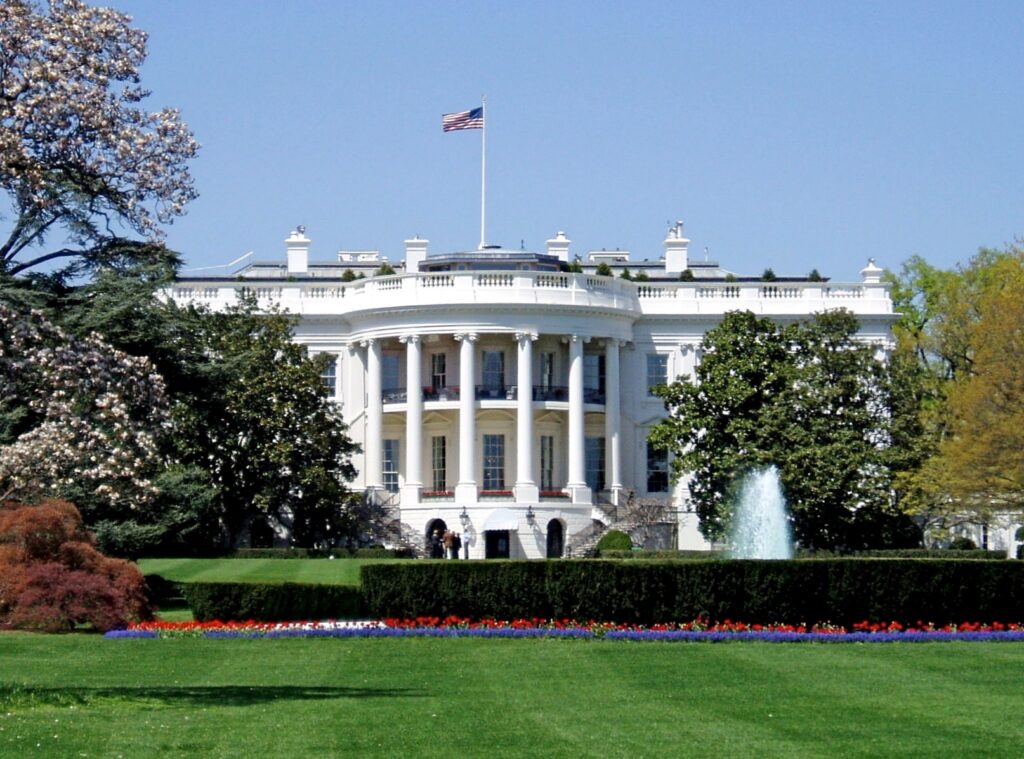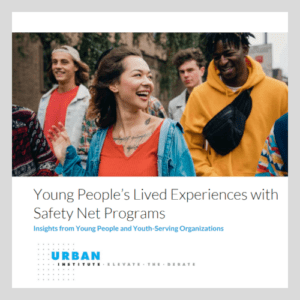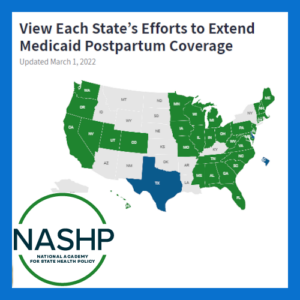The Final Reconciliation Package: Implementation of Key Provisions
On July 4, 2025, H.R. 1, the One Big Beautiful Bill Act, was signed into law. The implementation dates for key health care provisions in the law vary, with some taking effect immediately upon passage and others being implemented over several years. This resource details key dates for the implementation of the law’s most significant health care provisions.
Deadlines in Health-Related Executive Orders and Presidential Memoranda
This GIH policy resource details many of the health-related executive orders issued by the administration and includes a calendar of upcoming implementation deadlines.
Beyond the Exam Room: Impacting Health Outcomes Through Civic Engagement
August marks Civic Health Month, a time to showcase the link between voting and health and celebrate efforts that ensure every voter can support their community’s health at the ballot box. At the same time, the United States is grappling with a health care system ranked 37th globally despite consuming 17 percent of the country’s GDP. With 26 million Americans uninsured and 43 million underinsured, the gap in access to care continues to widen. This crisis will deepen as critical ACA subsidies expire at the end of 2025, potentially leaving 3.8 million more Americans without coverage, in addition to new federal cuts to Medicaid and changes to how coverage is accessed through the health insurance marketplace, which could result in as many as 20 million Americans losing their health insurance.
Grantmakers In Health Announces 2022 Award Winners
Grantmakers In Health (GIH) is pleased to announce Janice B. Yost as the 2022 recipient of the Terrance Keenan Leadership Award in Health Philanthropy, and Evelyn Delgado as the recipient of the Andy Hyman Award for Advocacy.
Evelyn Delgado to Be Honored with the Andy Hyman Award for Advocacy
Evelyn Delgado, President and Executive Director of Healthy Futures of Texas and Chair of the Women’s Healthcare Coalition will receive Grantmaker In Health’s (GIH) 2022 Andy Hyman Award for Advocacy.
Janice B. Yost to Be Honored with Terrance Keenan Leadership Award in Health Philanthropy
Janice B. Yost, Ed.D., President and Chief Executive Officer of The Health Foundation of Central Massachusetts, will receive Grantmakers In Health’s (GIH) 2022 Terrance Keenan Leadership Award in Health Philanthropy.
Young People and the Safety Net
The Urban Institute has added a new video to a suite of resources focused on safety net services for adolescents and young adults. Young People and the Safety Net reflects findings from research examining key barriers and supports for young people seeking safety net services. Highlights include a fact sheet for organizations that seek to help young people gain safety net supports.
View Each State’s Efforts to Extend Medicaid Postpartum Coverage
The National Academy of State Health Policy has recently updated its tracking of states’ efforts to extend Medicaid postpartum coverage. Extending services for new mothers is a key step toward improving health outcomes and health equity for children and their family members. About 34 states and the District of Columbia have taken steps toward extending at least some coverage beyond current limits.








